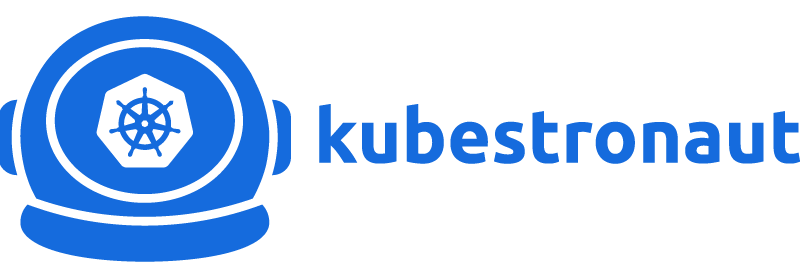Delve into Certs
A bit overview of certifications in my journey as systems engineer to set up quick SLAs/SLOs/SLIs for customers and reduce Mean Time To Recovery (MTTR) (by benchmarking with the help of Metrics/Traces/Logs from below tools)
Street Cred: https://www.credly.com/users/v26i
HPC
- NVIDIA Certified Professional - AI Infrastructure (NCP-AI-Infrastructure) - April 2025
- NVIDIA Certified Professional - AI Operations (NCP-AI-Operations) - April 2025
- NVIDIA Certified Professional - AI Networking (NCP-AI-Networking, Previously InfiniBand (NCP-IB)) - Jan 2025
- NVIDIA Certified Professional - Accelerated Data Science - April 2025
- NVIDIA-Certified Associate: Generative AI Multimodal - April 2025
- Google Cloud Certified Professional Machine Learning Engineer - Dec 2024
- RISC-V Foundational Associate (RVFA) - Dec 2024


4th Golden Kubestronaut (in the Silicon Valley)
10th in USA, 66th Golden Kubestronaut on 🌎 as of June 2025, 969th kubstronaut on planet earth (around 100 in USA) as of Dec 2024
- Certified Kubernetes Security Specialist (CKS)
- Certified Kubernetes Application Developer (CKAD)
- Kubernetes and Cloud Security Associate (KCSA)
- Kubernetes and Cloud Native Associate (KCNA)
- Certified Kubernetes Administrator (CKA) - ID: LF-zwesru5cty Oct 2022
Red Hat Certified Architect (RHCA) Level 2
ID: 190-012-484 (Aug 2019)
Comprehensive certification suite across all things Linux:
- Red Hat Certified System Administrator (EX200K) - Jan 2019
- Red Hat Certified Engineer (EX300K)
- Red Hat Certified Specialist in Ansible Automation (EX407V27K)
- Red Hat Certified Specialist in Virtualization (EX318V14K)
- Red Hat Certified Specialist in Security: Linux (EX415V75K)
- Red Hat Certified Specialist in Linux Diagnostics and Troubleshooting (EX342K)
- Red Hat Certified System Administrator in Red Hat OpenStack (EX210V13K)
- Red Hat Certified Specialist in Linux Performance Tuning (EX442V80K)
Networking and Security
- Cisco Certified Network Associate (CCNA) Routing and Switching - July 2017 - ID: CSCO13204225, 4Y3DS462HCB119K0
- Istio Certified Associate (ICA) - Jan 2025
- Cilium Certified Associate (CCA) - Dec 2024
- Kyverno Certified Associate (KCA) - Jan 2025
- Linux Foundation Certified System Administrator (LFCS) - June 2025
Cloud Native & DevOps
- HashiCorp Certified: Terraform Associate - Dec 2024
- OpenTelemetry Certified Associate (OTCA) - Dec 2024
- Prometheus Certified Associate (PCA) - Dec 2024
- Certified Argo Project Associate (CAPA) - Dec 2024
- GitOps Certified Associate (CGOA) - Dec 2024
- Certified Backstage Associate (CBA) - June 2025 (tbh i only did this to get the kubestronaut vanity badge/logo, dont think im gonna ever use this tool in any form in a - build for agents! "thebitterlesson-pilled" world!)
Why did I pursue certifications instead of just high-level documentation or direct code walkthrough?
Certifications pushed me to cover all edge cases which helped in writing quality code and uncover productivity hacks hidden in the tools and solve by first principles approach. They ensure I master best practices while preparing me for quick automation. These days, with so many services available via APIs, it's all about connecting the pieces—certifications help me do that with precision. They also help avoid knowledge gaps, especially in critical areas like security, ensuring that automation is robust, secure, and efficient from the get-go. I think another primary reason might be the meme RTFM (Read The F@bul0u$ Manual) meme when I started my first job at open source upstream-first company it was little overwhelming and I didn't want to be embarrassed and take chances :) ..... Just Continuing the tradition even today.. to be familiar with the right buzzwords/jargon/parlance (contextual words for the tools > which are usually in the docs/training certs..so they register well in my Neuralnet), goal is to prompt well and validate outputs faster (as the Language Models are very particular with using the right words which can have great impact internally on parameter space (weights & bias) / Chain of Thought hallucinations.
todo: Will add more deets on the certs and the learning resources I used to get them.
Back to Timeline